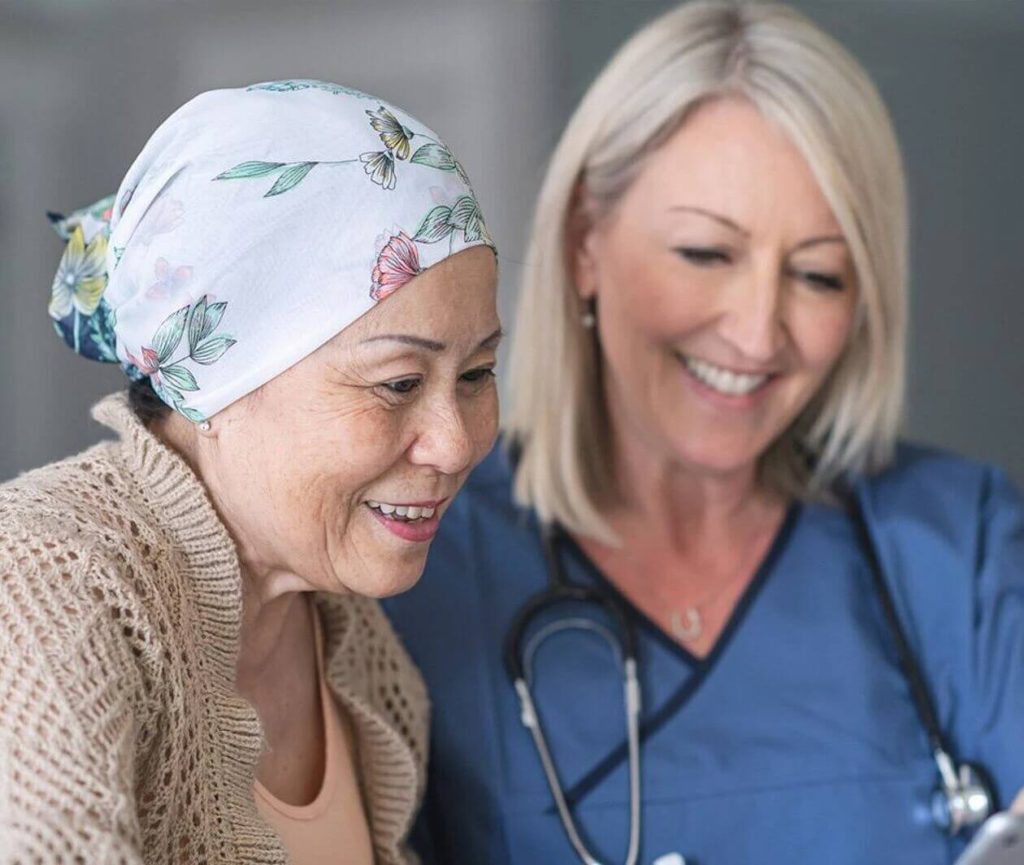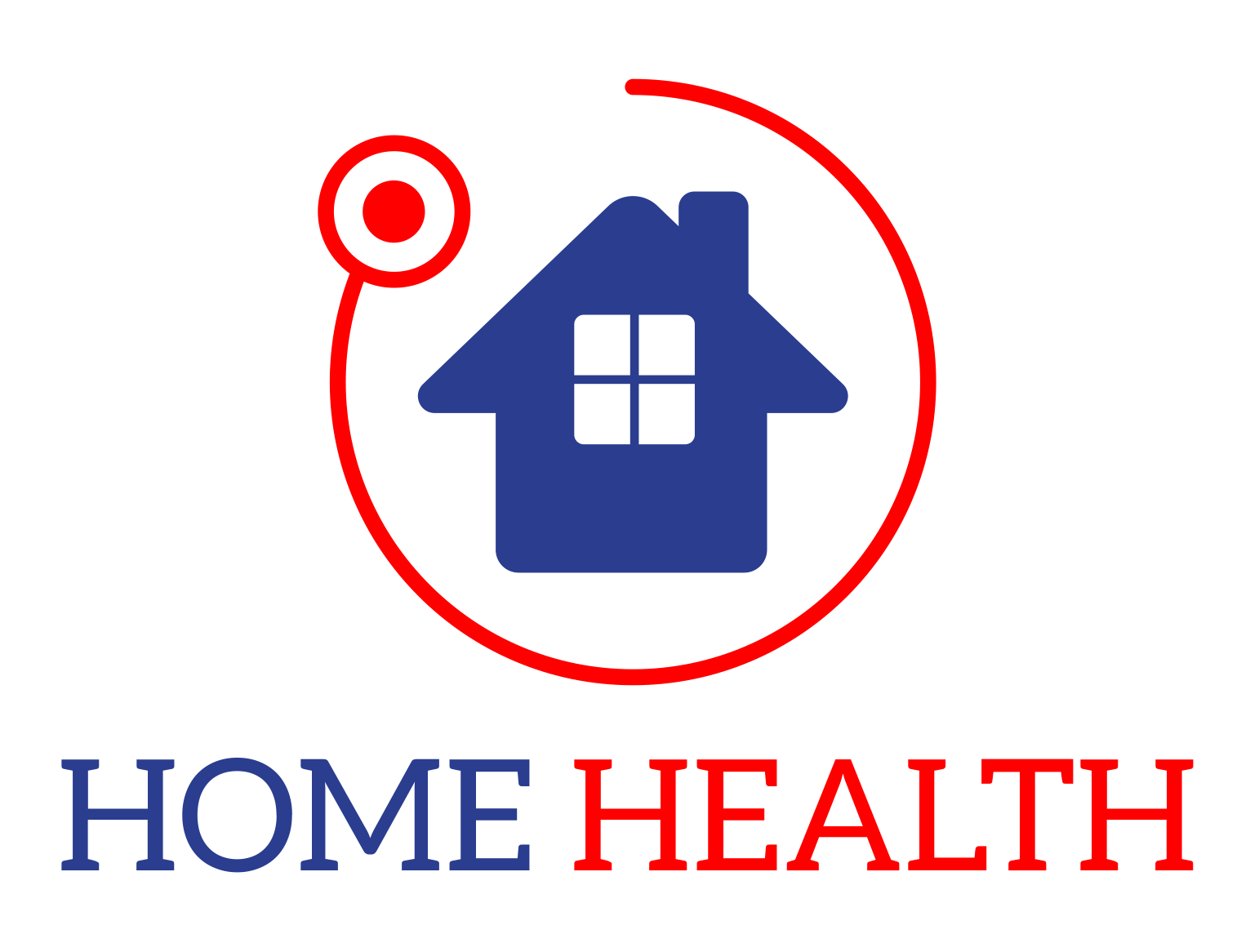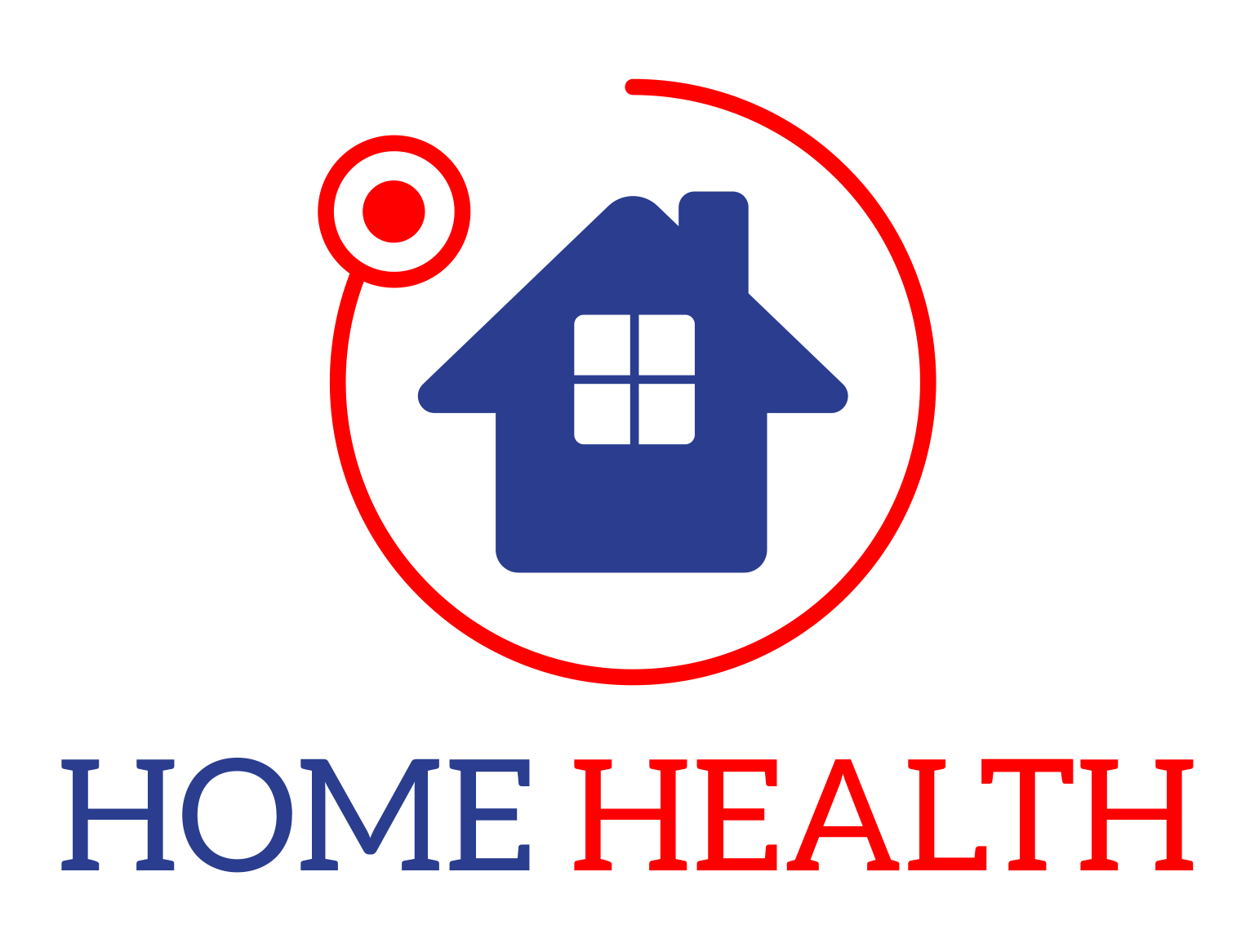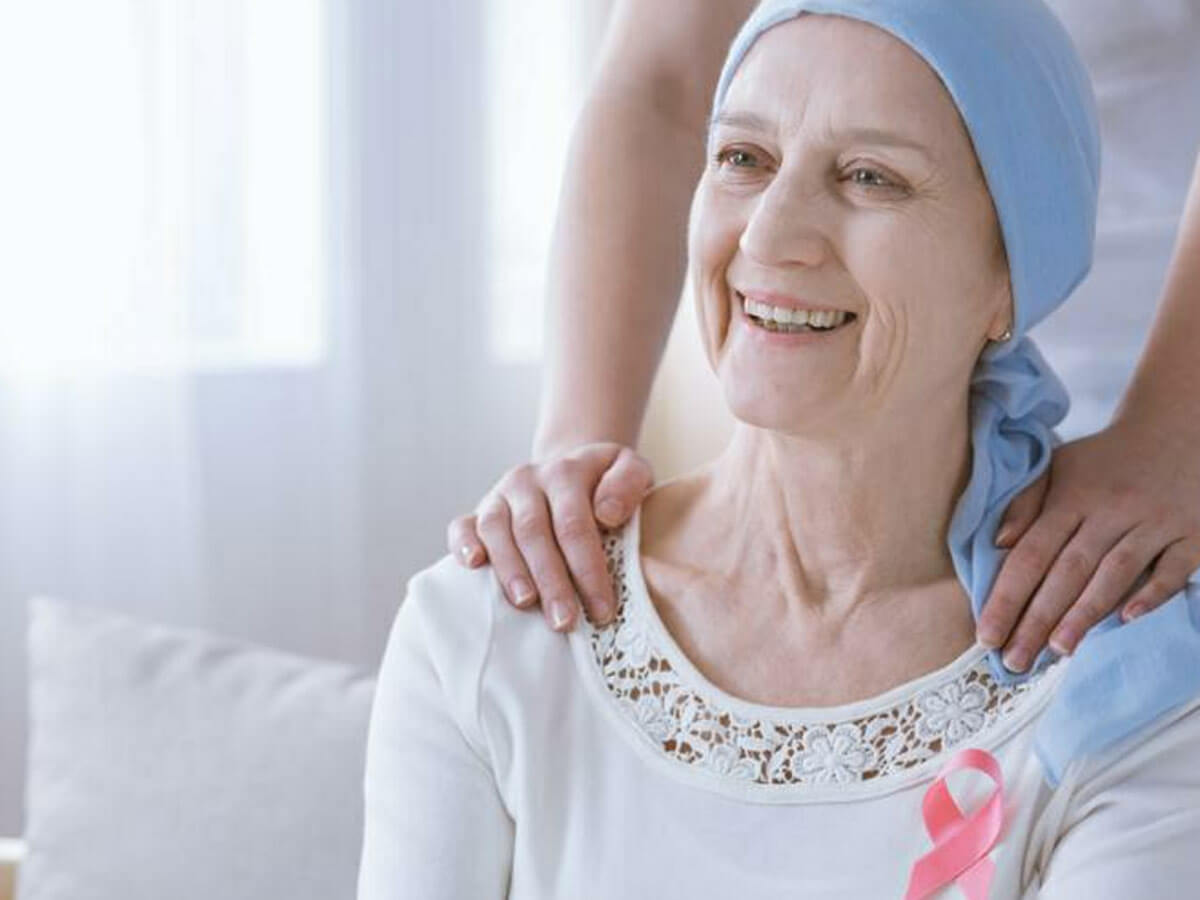Why does cancer risk increase with Age?
As most people know, the risk of developing cancer increases with age. However, the average person is unaware as to what, exactly, causes the risk of cancer to increase throughout the aging process. Aging hikes the body’s risk for all different types of cancer in different ways. The older a person is, the more cells become mutated, meaning breast cancer in the elderly prognosis is that much more common in addition to other forms of cancer.
Cell mutation creates a golden opportunity for cancer to develop and thrive, especially as the body ages. Mutated cells generate opportunities for cancer-causing cells to form and spread. The immune system is also that much more likely to malfunction as the body ages. An immune system that doesn’t work as it did in the past is that much more vulnerable to cancer. The challenge lies in decreasing the risk for cancer as the aging process unfolds.
Most common cancer in older Adults
Certain types of cancer are more common in senior citizens than other age cohorts. Alternatively, other age cohorts also suffer other forms of cancer at a higher rate than those considered to be elderly. The types of cancer that are more common in senior citizens include breast cancer, bladder cancer, prostate cancer, lung cancer and colon cancer. Let’s take a look at the most common cancer in older adults.
Breast Cancer
Breast cancer in elderly women rates spike with age, resulting in nearly one-third of all breast cancer diagnoses in women age 70 and older. Seniors with breast cancer are more likely to experience a negative outcome along with a reduced survival rate as compared to younger patients. It is also interesting to note that the National Cancer Institute states women age 70 on up have about ta 5% chance of developing breast cancer. Swollen lymph nodes, a retracted nipple, breast pain, dimpling skin, breast swelling and flaking or red breast/nipple skin are some of the most common signs of breast cancer in elderly women.
Prostate Cancer
The timely screening for prostate cancer sets the stage for a successful treatment. Time is of the essence as identifying and treating prostate cancer as soon as possible heightens the chances of survival. Treatment modalities for prostate cancer hinge on the patient’s current health, the aggressiveness of the cancer, the patient’s preferences and additional factors unique to each idiosyncratic patient and health challenge. Common signs of prostate cancer include pain when urinating, burning sensations when urinating, erectile dysfunction, the loss of bladder control, the urge to urinate at night and issues with stopping/starting when urinating.
Lung Cancer
Lung cancer is that much more likely to occur in elderly individuals. Statistics show about half of those diagnosed with lung cancer are diagnosed after reaching the age of 65. Furthermore, nearly one-third of those diagnosed with lung cancer are age 70 and older. Smoking cigarettes and other tobacco products along with exposure to cancer-causing chemicals in the workplace or other settings are the top causes of lung cancer. The early signs of lung cancer in the elderly include loss of appetite, general hoarseness, chest pain, coughing blood, general weakness and unexplained weight loss.
Colon Cancer
About three-quarters of all colorectal cancer cases are diagnose din elderly individuals who have hit age 65 or older. Add in the fact that about 40% of colon cancer diagnoses are in patients age 75 on up and there is even more cause for concern as patients reach their golden years of retirement. Signs of colon cancer include feeling you can’t empty your bowels, ongoing stomach discomfort, blood in the stool, bowel habit changes and general fatigue.
Symptoms of cancer in Elderly
Excessive fatigue, recurring pain, weight fluctuations that cannot be explained and general numbness are some of the most common signs of cancer in the elderly. Additional indications of cancer in the elderly include unexplained lumps, bumps and bulging on the skin.
If you notice any odd growths on the body of the senior your care for, reach out to his or her physician as soon as possible. However, it must be noted that the specific signs of each type of cancer in the elderly have the potential to be quite distinct as opposed to the generic signs listed above. If you are uncertain as to whether the potential sign of cancer you have identified is legitimate, don’t hesitate to reach out to an experienced physician for a diagnosis.
Does cancer grow slower in the Elderly?
Cancer in the elderly grow slower than that in individuals of other age cohorts. Furthermore, there is a greater likelihood of passing away as a result of co-morbid sickness than from cancer detected in a screening.
How cancer treatment can differ when you are Older?
Cancer treatment is complex in the context of older patients. Older patients are more likely to be saddled by other health problems ranging from heart disease to diabetes, chronic health issues, etc. As a result, cancer treatment is inherently complex during the aging process. Therapies that center on the transmission of medication to the blood cells as systemic therapy have the potential to yield positive outcomes. If necessary, surgery will also be considered. However, surgical procedures are last resorts. In some cases, bone marrow transplantation is the optimal treatment modality. In other cases, radiation therapy is used to reduce the risk of the cancer eventually returning.

Can cancer patients be treated at Home?
Cancer treatments are typically provided in a clinic or hospital setting. However, some treatment modalities can be administered at home, oftentimes with the assistance of only one healthcare professional. At-home treatment provided by a home healthcare provider is convenient, affordable and effective. If you have a senior in your life who would like to remain at home despite health challenges including but not limited to a cancer diagnosis, consider the merits of a home health aide and reach out to us today for more information.


